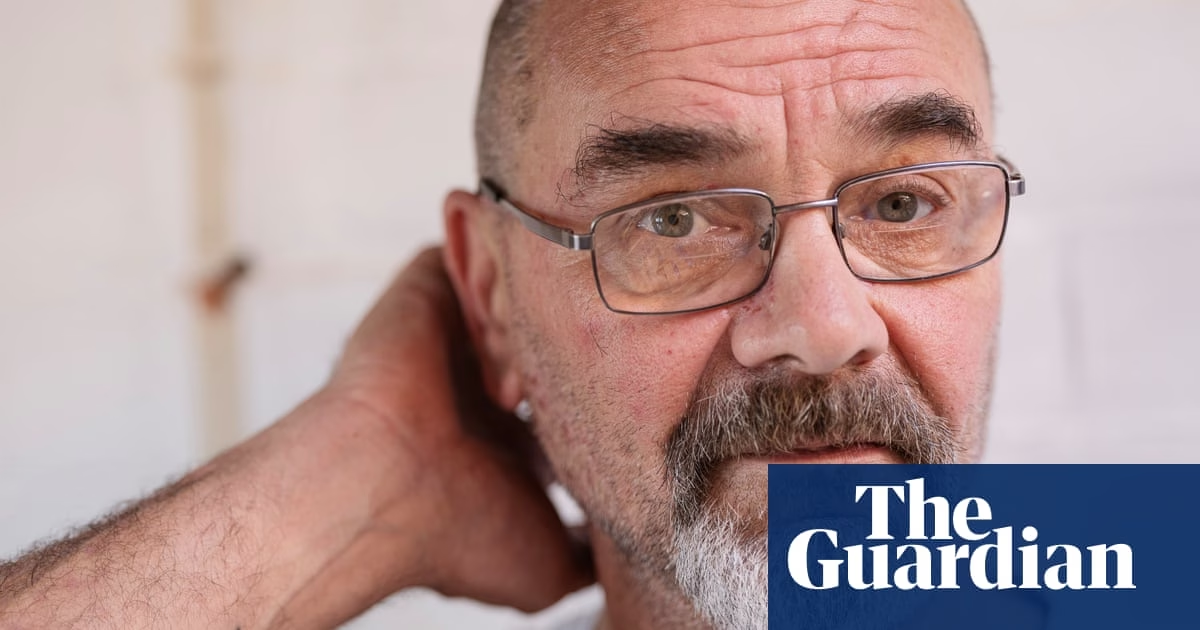Andrew Malkinson, after spending 17 years in prison for a rape he didn’t commit, affirms that his battle to reform how the legal system handles miscarriages of justice is ongoing.
In 2023, the 59-year-old had his conviction overturned, following years of asserting his innocence.
Malkinson has spoken to the Sunday Times about how his life was devastated by the wrongful conviction and his determination to reform the justice system, starting with the Criminal Cases Review Commission (CCRC).
“My fight is not over. I aim to change a lot more,” he stated. “There is a sense of satisfaction that something so terrible and tragic is leading to meaningful change.”
This announcement comes in the wake of the news that Dame Vera Baird QC will serve as the temporary head of the CCRC.
Barrister Baird will assume the position from 9 June until 8 December next year, undertaking a swift review of the independent body’s operations and ensuring that past cases’ lessons are learned.
Malkinson remains “furious” with the CCRC, as well as the government’s compensation scheme, which he believes makes it challenging for individuals wrongly convicted to receive financial restitution.
“This is an outright attack on innocent people,” he declared. “It’s an affront to the public, as anyone could become the next victim of such injustices.”
Even though his conviction was annulled in 2023, Malkinson didn’t receive his first compensation payment until February.
Before that, he was reliant on benefits and food banks following his release.
Under the 2014 Antisocial Behaviour, Crime and Policing Act, compensation is only granted to those who can prove their innocence beyond a reasonable doubt.
According to data from the Ministry of Justice, out of 591 applications for compensation due to miscarriages of justice from April 2016 to March 2024, only 6.5% were successful, with 39 individuals being awarded compensation.
Out of those 39, 35 have received payment, averaging £68,000 per person.
In February, lawyer Toby Wilton welcomed the compensation but called for the £1 million cap on such payouts to be removed, arguing that it should apply to those wrongfully imprisoned for a decade or more.






